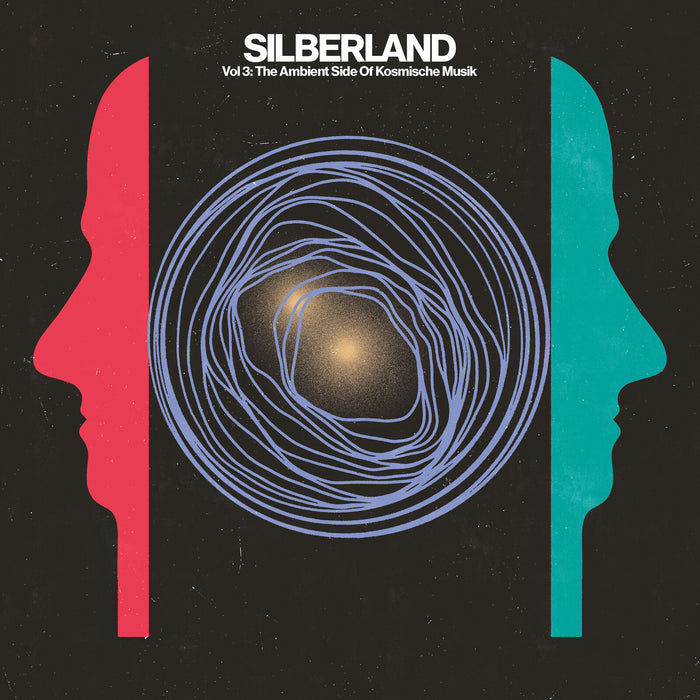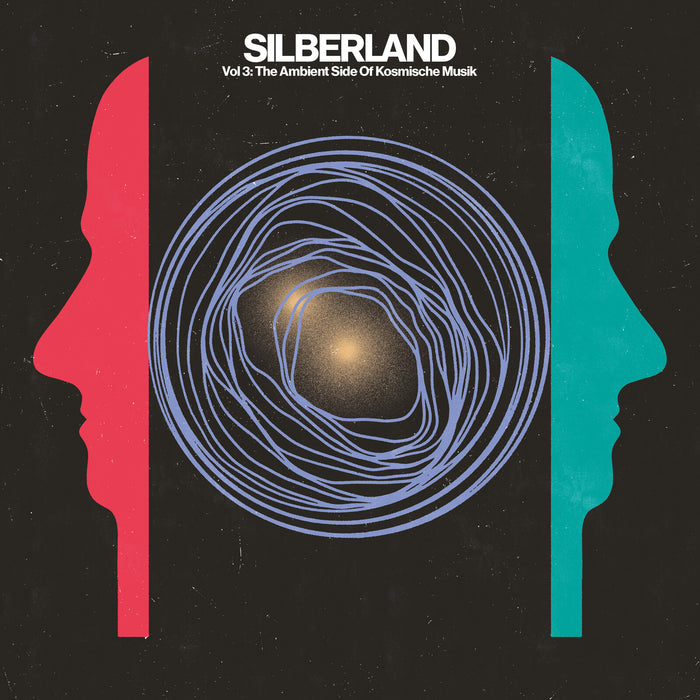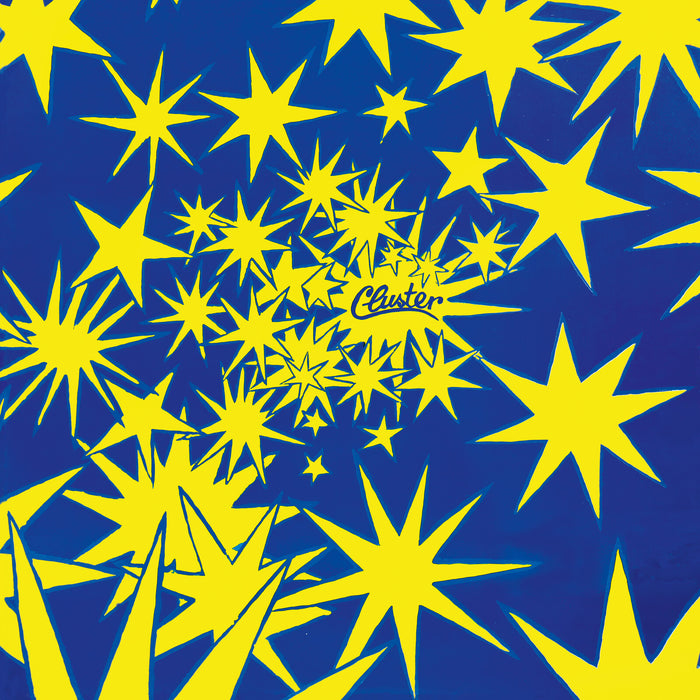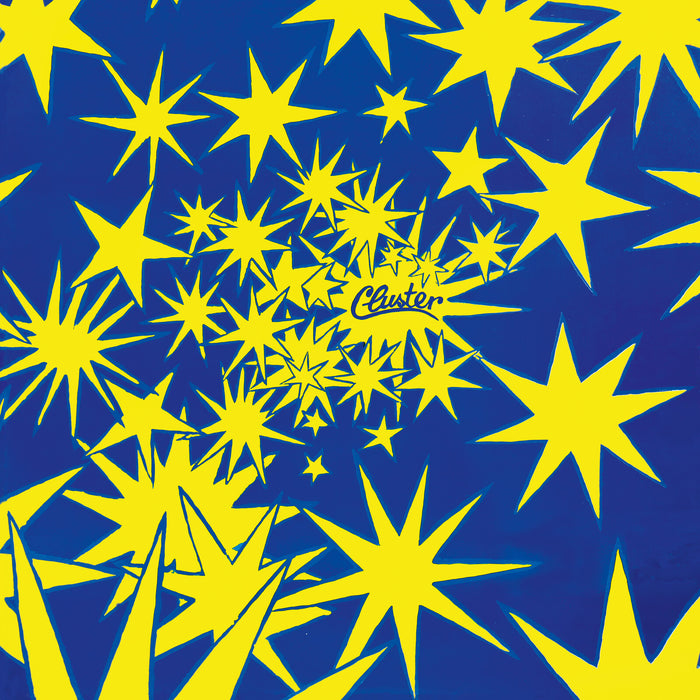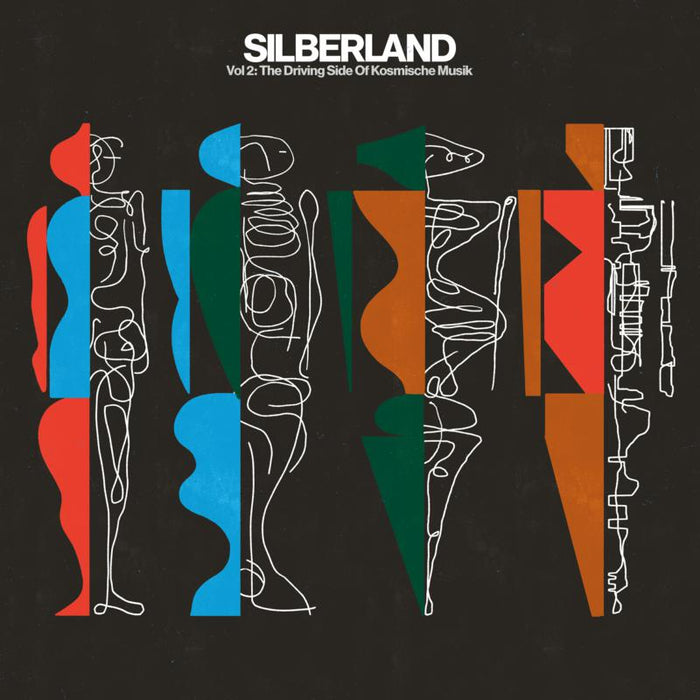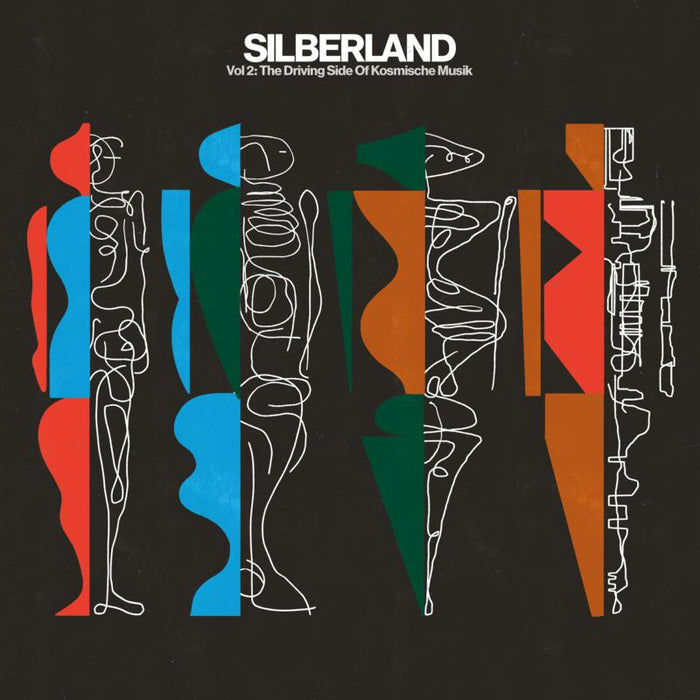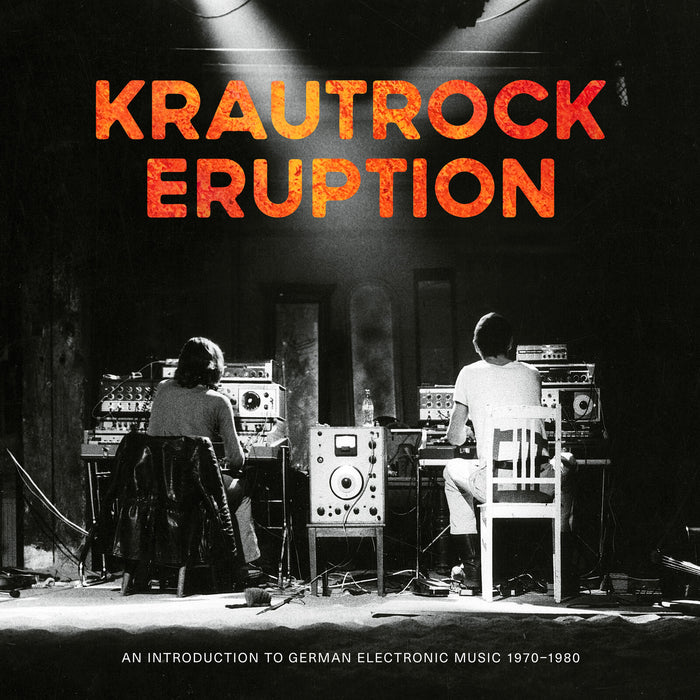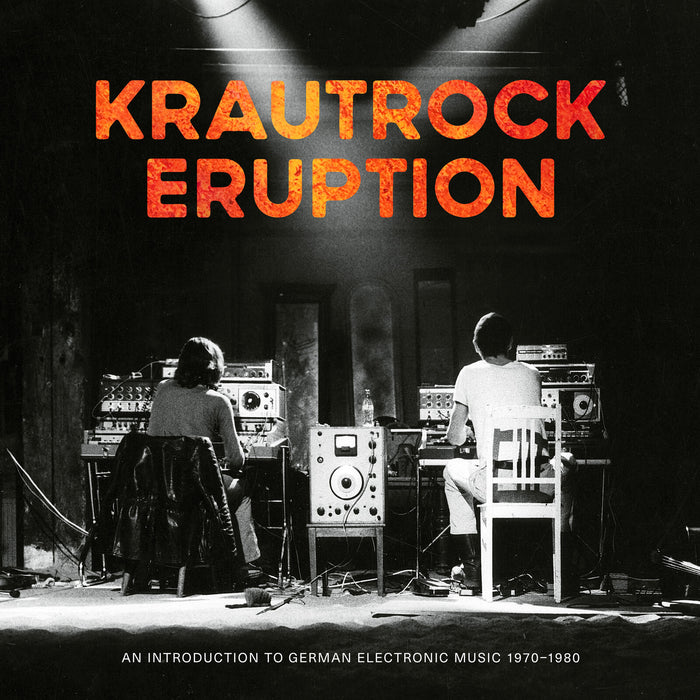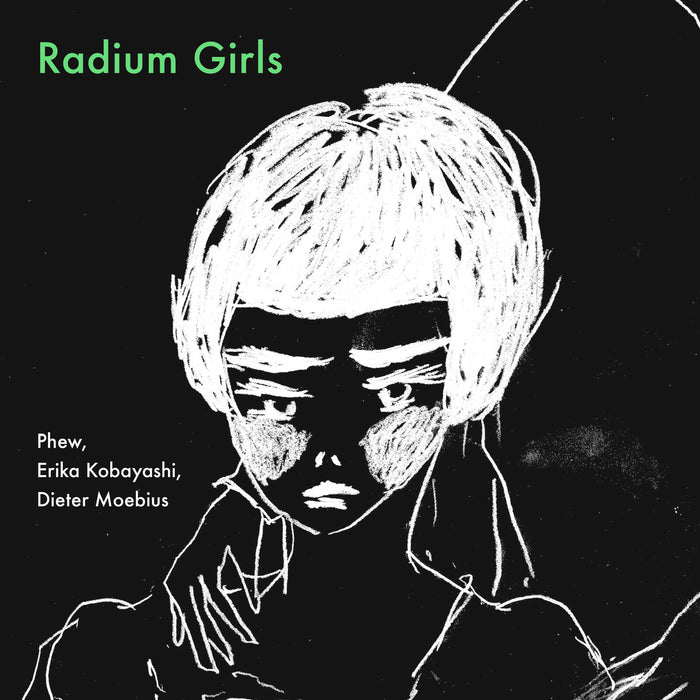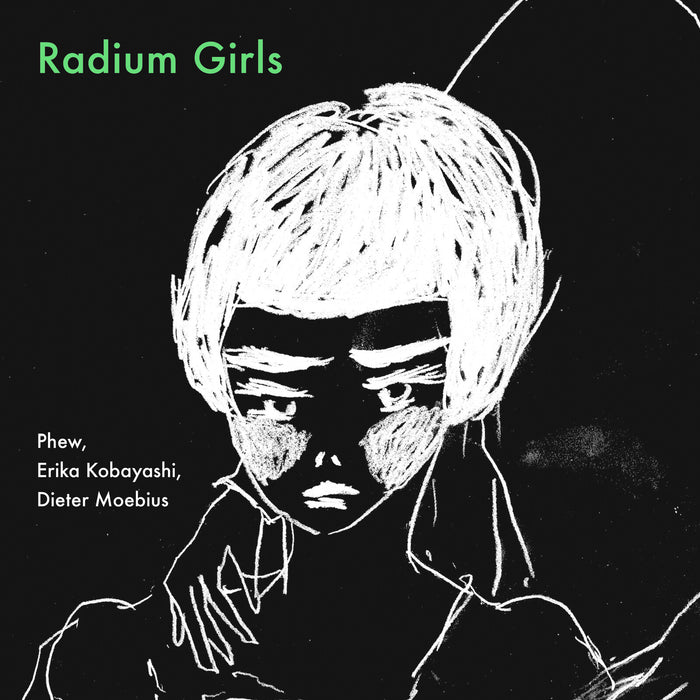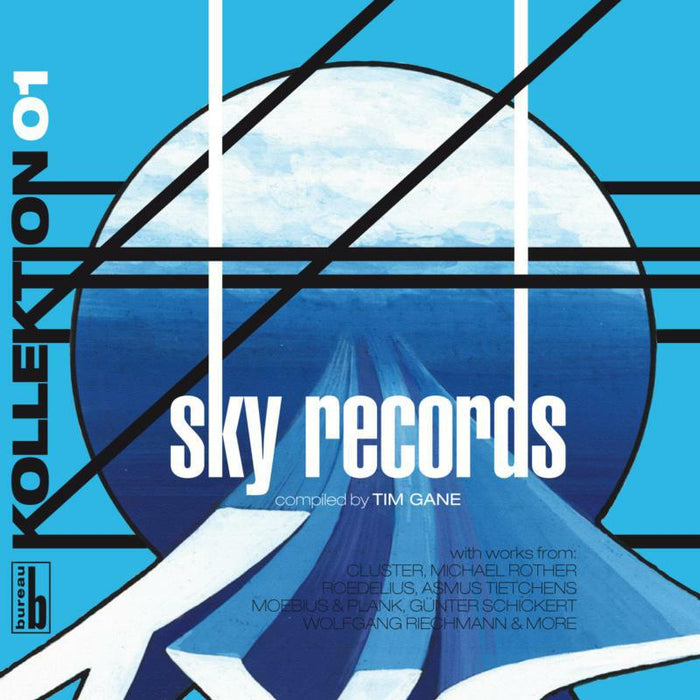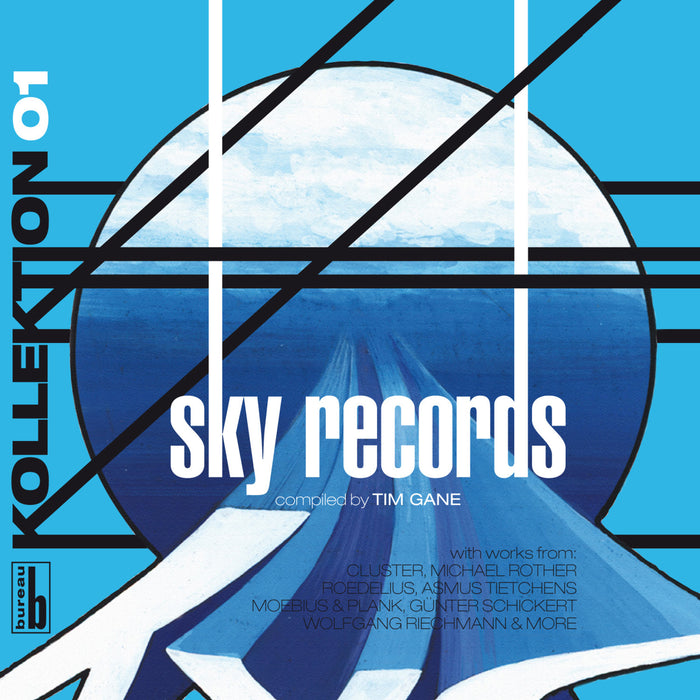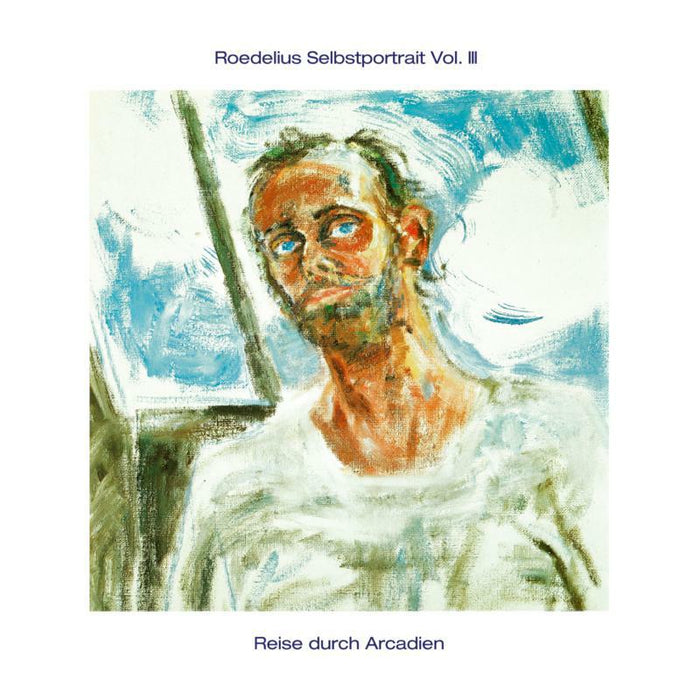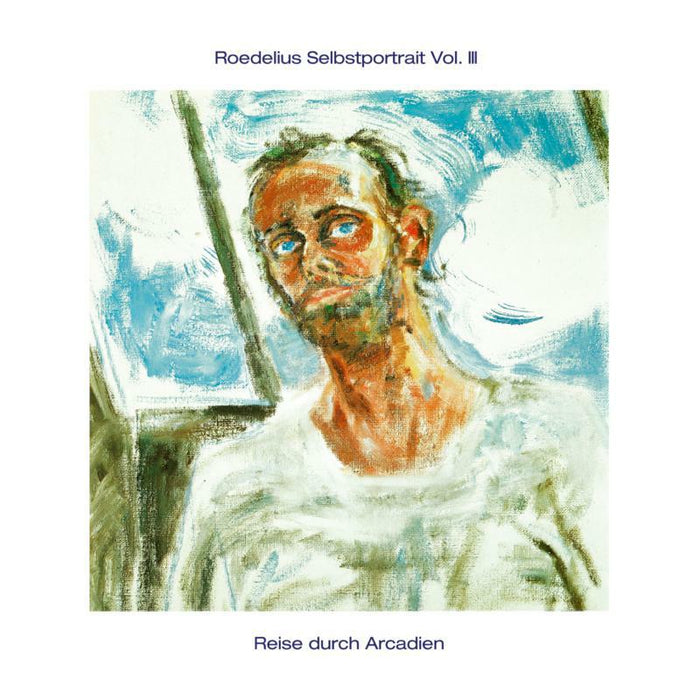Description
Composer, radio dramatist and performance artist Frieder Butzmann began exploring experimental music in the late 1960s. One of the pioneers of German industrial music and a member of the Geniale Dilettanten movement, Butzmann has collaborated with artists such as Genesis P-Orridge, Blixa Bargeld, and Santrra Oxyd, as well as releasing numerous solo works. Frieder Butzmann joined forces with author and artist Thomas Kapielski in the early 1980s. Most of their compositions are minimalist tracks interspersed with everyday noises and fragments of speech, as can be heard on their WAR PUR WAR album, first released on Zensor in 1987. This utterly unique work is an idiosyncratic mix of eccentric electro-pop and bizarre sonic collages and has gone on to become a sought-after collector's item.
Now lovingly remastered, with refreshed artwork and two bonus tracks, WAR PUR WAR is being reissued on LP and CD on Bureau B, complete with previously unpublished photos and liner notes by Frieder Butzmann. "WAR PUR WAR" was created in my small studio at 11-13 Erkelenzdamm, on the same floor as the Institut Unzeit, where the Freunde Guter Musik were also based. The record gathers together an incredibly diverse assortment of short pieces with different backstories. When we had finished recording, Thomas Kapielski and I headed for Hamburg with the two ?-inch tapes to master the A and B sides of the LP. The engineer was a really friendly guy. He spotted a phase shift between the channels and I'm eternally grateful to him for correcting it! He wasn't quite so meticulous when it came to calibrating volume levels for the record. The three of us - Kapielski, the engineer and I - had a lot of laughs together, but our man didn't take the music particularly seriously and perhaps lacked a little bit of focus. Distribution difficulties meant that only a few copies of the disc made it into the shops when it was released in 1987, ultimately increasing its collectibility as a rare item. The album illuminates the spectrum of differing, even contradictory Butzmann/Kapielski productions, whilst also marking the conclusion of a short epoch which began with punk, post-punk, the Zensor record shop and Genialen Dilletanten in Berlin. It continued through a period of "high cultural relations" before ending in the late 1980s which, by no means coincidentally, is when the duo broke up.





